Breathing clean air is essential for a healthy life, and the air quality inside your home is just as important as the air quality outside. In Dallas, various factors can impact indoor air quality, from seasonal allergens to urban pollution. Poor indoor air quality can lead to health issues like allergies, asthma, and other respiratory problems, making it crucial to understand how to keep the air in your home clean and safe.
Addressing air quality doesn’t have to be complicated. Many common pollutants can be managed with simple, everyday actions and a bit of know-how. Whether it’s changing your HVAC filters regularly or knowing how to deal with dust and pet dander, there are plenty of steps you can take to breathe easier.
Understanding the Importance of Indoor Air Quality
Indoor air quality plays a huge role in your overall health and well-being. Poor air quality can trigger allergies, asthma, and other respiratory issues. When the air in your home is filled with pollutants, you and your family are more likely to suffer from headaches, fatigue, and long-term health problems. Clean air is essential for a good quality of life, especially in urban areas like Dallas where outdoor pollution is also a concern.
Poor ventilation can make indoor air quality worse. Without proper airflow, pollutants can accumulate and create an unhealthy living environment. This is particularly problematic in newer homes that are designed to be more energy-efficient, as they are often more tightly sealed. While these homes are great at conserving energy, they usually don’t allow enough fresh air to circulate, leading to poor indoor air quality.
Additionally, understanding how various activities and sources within your home contribute to air quality can help you take proactive steps. For example, cooking, cleaning, and even the materials used in your home’s construction can release harmful chemicals into the air. By being aware of these sources, you can tackle the problem more effectively and create a healthier living space.
Common Air Pollutants in Dallas Homes
Several common pollutants can affect the air quality in your Dallas home. Dust and pet dander are among the most frequent offenders. These tiny particles can circulate through the air and settle on surfaces, making it hard to keep your home clean and your air pure. Regular cleaning can help, but these particles can still linger in the air long after you’ve put away the vacuum.
Another common pollutant is mold. Dallas’ humid climate can make homes more susceptible to mold growth, especially in damp areas like bathrooms and basements. Mold releases spores into the air, which can cause allergic reactions and respiratory issues. Keeping your home dry and addressing leaks or damp spots can help control mold problems.
Chemical pollutants are also a significant concern. These include volatile organic compounds (VOCs) released from paint, furniture, and cleaning products. VOCs can make the air in your home toxic over time, contributing to various health issues. Opting for low-VOC products and ensuring good ventilation can reduce their impact.
Outdoor pollutants like pollen and vehicle exhaust can also find their way indoors. Keeping windows and doors closed during high pollen seasons and using air purifiers can help keep these pollutants at bay. Knowing what you’re up against can help you take specific actions to maintain better air quality in your home.
DIY Tips to Improve Air Quality
Improving the air quality in your Dallas home can start with some easy, do-it-yourself steps. First, focus on regular cleaning. Vacuuming carpets, dusting surfaces, and cleaning bedding can reduce the buildup of dust and pet dander. Using a vacuum with a HEPA filter can be especially effective in capturing small particles that ordinary vacuums might miss.
Next, pay attention to your HVAC system. Regularly change the air filters to ensure proper airflow and reduce the number of pollutants circulating in your home. Consider investing in high-quality filters that can trap smaller particles. Additionally, make sure your air ducts are clean. Dust, mold, and other debris can accumulate in ducts, so periodic professional cleaning might be necessary.
Another simple tip is to improve ventilation. Even in more energy-efficient homes, opening windows when the outdoor air quality is good can help circulate fresh air. Use exhaust fans in kitchens and bathrooms to remove moisture and pollutants. Adding indoor plants can also help purify the air naturally, as some plants can filter out toxins.
Lastly, be mindful of the chemicals you use in your home. Choose cleaning products that are free of harsh chemicals and opt for natural alternatives when possible. This can reduce the number of VOCs and other harmful substances in your indoor air.
When to Consider Professional Air Quality Services
While many steps can be taken independently, there are times when professional assistance is crucial for improving air quality. If you notice persistent issues like mold growth or musty odors, it might be time to call in experts. Mold can be particularly harmful and hard to eradicate without professional help. Specialists can identify the source of the problem and offer effective solutions.
If anyone in your household has respiratory issues or severe allergies, investing in professional air quality services can make a significant difference. Professionals can conduct thorough assessments and offer advanced air purification systems to minimize airborne allergens and pollutants. These services often include installing air purifiers, UV lights, and advanced filtration systems.
Additionally, if your home has older HVAC systems or ductwork, a professional inspection might be necessary. Over time, these systems can become less efficient and more prone to accumulating pollutants. Professionals can recommend upgrades or repairs that can enhance your home’s air quality.
In cases where polluted outdoor air impacts indoor environments, experts can provide advice and solutions tailored to your specific situation. Sealing leaks, installing higher-grade filters, or adding air scrubbers can make a big difference, especially in urban areas like Dallas.
Conclusion
Maintaining good air quality in your Dallas home is essential for your family’s health and comfort. While many issues can be managed with simple DIY steps, recognizing when to call for professional help ensures that more complex problems are effectively addressed. From keeping your home clean and ventilated to using natural cleaning products, every effort counts.
Poor indoor air quality can lead to various health problems, but there are plenty of ways to improve it. Investing some time and resources into maintaining your HVAC system, reducing chemical use, and possibly consulting with air quality professionals can pay off in the long run. Your home’s air quality affects everyone who lives there, so taking these steps benefits your whole household.
Ready to improve your home’s air quality? Contact Spire Heating and Air Conditioning for expert HVAC service in DFW and top-notch air quality solutions. Give your family the gift of fresh, clean air today!


